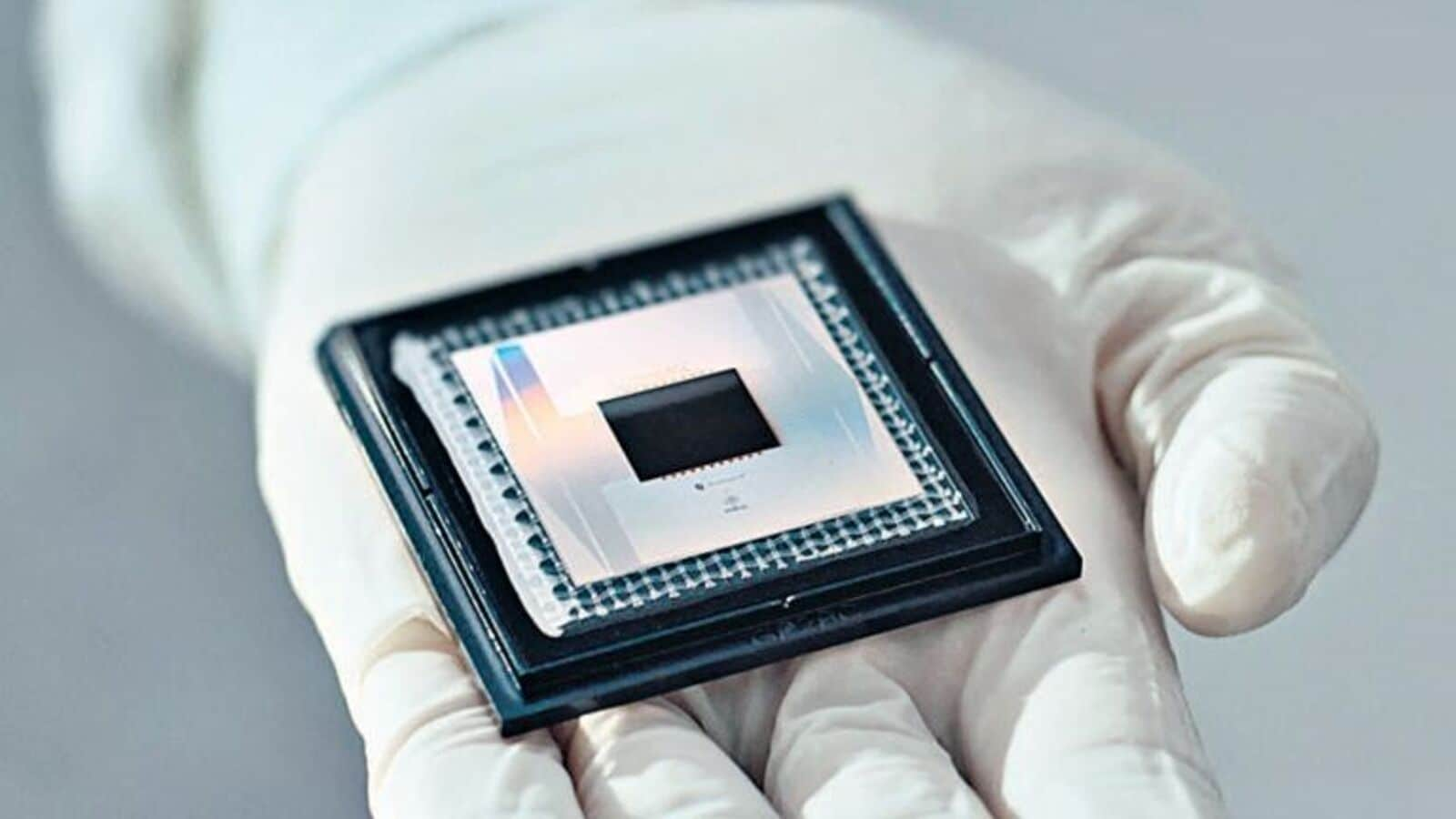According to Pichai, Willow, with 105 qubits, did a standard computation in less than five minutes that would take a leading conventional supercomputer over ten septillion (10 to the power of 25) years—far beyond the age of the universe—to do.
The post drew an immediate “Wow” from none other than Elon Musk, which was followed by Pichai’s comment: “We should do a quantum cluster in space with Starship one day.”
A collaborative business proposal, a clue to a superb technological innovation, or a way to increase government productivity under someone who US President-elect Donald Trump has tapped for a department of government efficiency?
Unlike conventional computers that use binary digits (a stream of 0s and 1s), quantum computers use ‘qubits’ (which can take any value between 0 and 1) and are therefore that much more powerful. Indeed, quantum computers have long been viewed as a threat to traditional cryptography and security.
According to Irwin Emery, a character in the 1992 Hollywood film Sneakers starring Robert Redford, “Cryptography systems are based on mathematical problems so complex that they cannot be solved without a key.” But in the movie, a mathematician named Gunter Janek designs a chip inside a small box to decode all of the world’s digital classified data!
Thus, the movie predicted a future where a computer could decipher massive volumes of encrypted data. In 1994, two years after Sneakers made its theatre debut, Bell Labs mathematician Peter Shor devised the math that exposes cryptography to quantum computers.
Three decades on, is Google’s Willow indeed a turning point in human history?
According to a paper by Google Quantum AI and Collaborators in the journal Nature on 9 December, titled ‘Quantum error correction below the surface code threshold,’ errors can be driven down while increasing the number of qubits, achieving an exponential reduction in the error rate.
Alphabet’s Google is pursuing quantum computing like Microsoft, IBM and other tech behemoths. It’s interesting to note Google’s focus on qubit reliability while its rivals are building chips with more qubits. Qubits are fast but error-prone. These errors can accumulate to the point where a chip is no better than a conventional computer chip as more qubits are crammed onto it.
Google claims to be able to correct errors in real time in its Nature paper, which is a significant step towards making its quantum machines useful. The head of Google Quantum AI, Hartmut Neven, stated, “We are past the break-even point.”
As for the assertion that it would take 10 septillion years for a supercomputer to do what Google’s Willow did in less than five minutes, the company acknowledges that the figure was estimated on conservative assumptions. In this context, the Sycamore saga inevitably comes to mind.
Google asserted in 2019 that its Sycamore quantum chip, which had 53 qubits, had solved a problem in 200 seconds that would have taken 10,000 years for a conventional computer to finish. Pichai had called that outcome a sea change in computing.
However, IBM quickly retorted that it could complete the assignment faster—in 2.5 days —by altering its supercomputer Summit’s methodology. Later, in a 2022 paper in Physical Review Letters with the title ‘Solving the Sampling Problem of the Sycamore Quantum Circuits,’ a team of Chinese researchers demonstrated how to defeat Sycamore. In fact, they offered a classical solution.
Doubts over quantum superiority over conventional computers are likely to persist. According to Google, even in the best of circumstances, it would take a billion years for a regular computer to achieve the outcomes that Willow does within minutes. Although this is currently impossible to disprove, it should be acknowledged that Google’s Sycamore experiment did accomplish a strategic goal, which may have been to re-ignite the quantum race.
Are we placing too much weight on Willow’s performance on a single test? Remember that quantum computers are still a long way from becoming as handy as today’s personal computers. They need heavy capital and operational expenditure to operate. It may take decades more for them to resemble small boxes that are passed off as answering machines, like the one in Sneakers.
Google expects quantum computers to solve problems in AI, health and battery technology that are beyond the capacity of current devices, even if its Willow chip doesn’t have commercial applications right now. It’s true that quantum computers could aid AI models, since these require enormous training.
Though they won’t replace existing computers, many scientists think quantum computers will come to outperform them in a range of tasks, if not all.
The key question is whether most current cryptography would be rendered obsolete by quantum computing. Might a quantum computer ultimately crack the cryptographic security of Bitcoin, for instance, and spell the end of this crypto asset?
In the film Sneakers, people regretted their belief that ordinary encryption was safe. Perhaps there is still time for the world to come up with quantum-age security.
The author is professor of statistics at Indian Statistical Institute, Kolkata.
#Googles #Willow #wow #moment #quantum #computers


